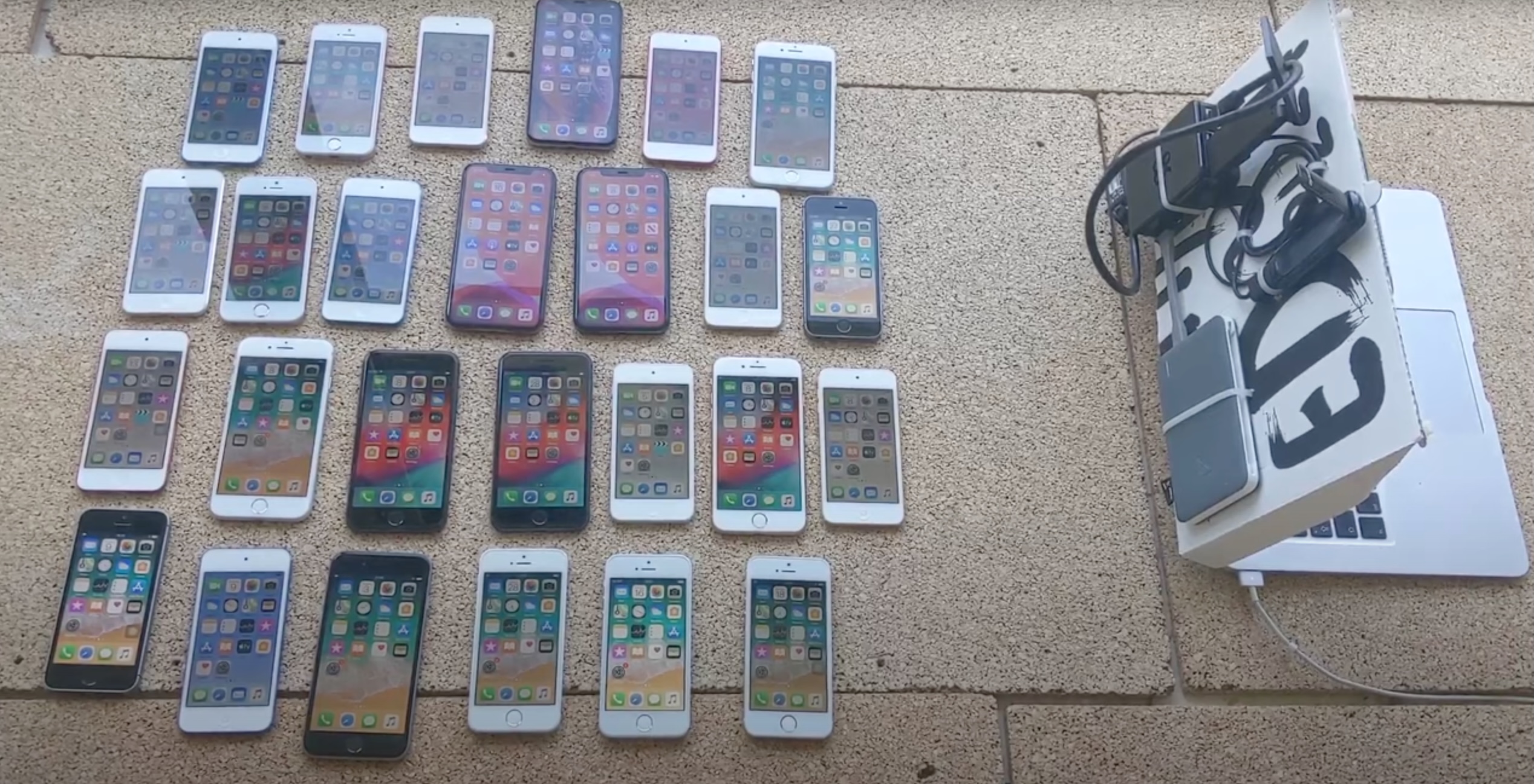Yeah, doesn’t really hold water. 10 million devices, all on Android OS 4 with an existing exploit that can’t be updated without buying a new phone is STILL 10 million devices, all on Android OS 4 with an existing exploit that can’t be updated without a new phone regardless of the fact there may be other groups of phones at other OS levels. I mean, since OS vulnerabilities are generally in multiple versions of the software, the fact that you’ve got a lot of different versions of an OS doesn’t matter if 80% of those versions have the SAME exploit (80% of a huge number is still a huge number)! In fact, right now, there’s very likely more Android phones using an old insecure OS than there are of iPhones, in totalIt does, a bit, but then again the target is always moving, by the time a hack is polished for, say, 13.1 most of the time a vast majority of the user base has moved on to the next version of the OS, requiring the user to simply let the phone update overnight to make it safe to the hack... then again, some hacks are hardware related in which context is easier to target Apple devices than the myriad of Android hardware combinations. Also, iOS users are more attractive targets as they are the upper scale of the market.
The statement’s either ignorant or willfully ignorant, but not something that would be said by anyone WITHOUT some axe to grind



